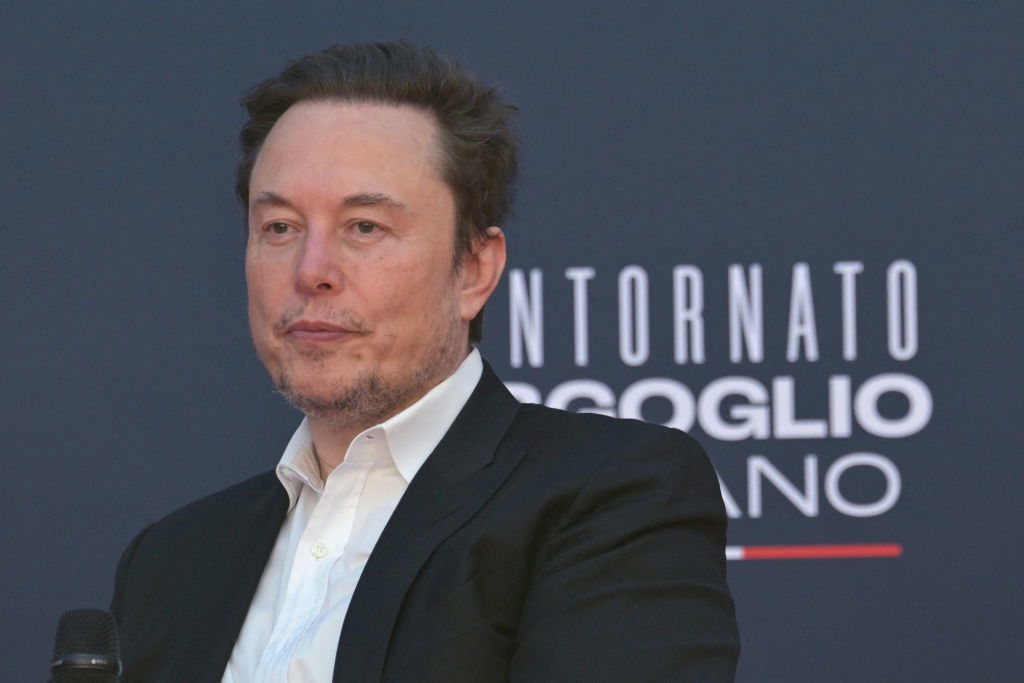Elon Musk, the CEO of Tesla, has been known for his strong opinions on work-from-home jobs. Despite his previous statements calling remote work “morally wrong,” Tesla has recently posted open positions for teleworkers with generous salary ranges. According to Tododisca, these positions offer salaries ranging from $79,000 to $270,000, depending on the role and qualifications of the candidate.
However, Musk’s stance on remote work has been clear in the past. In 2022, he informed Tesla’s executive staff that they would either return to the office or face termination. Musk has expressed his disapproval of remote work, stating in a 2023 interview with CNBC that he finds the concept illogical and morally wrong. He believes that those who work from home while others have to show up in person create an unfair dynamic in society.
Despite Musk’s strong opinions on remote work, the recent opening of Tesla to teleworking positions marks a significant shift in the company’s approach. Previously, in 2023, Tesla only had three remote positions, all of which required Musk’s personal approval. This change in policy may indicate a recognition of the evolving work landscape and the need for flexibility in the modern workplace.
Nicole Penn, the president of ECG Group, highlighted the potential impact of Musk’s stance on remote work on Tesla’s ability to retain top talent. She noted that Tesla’s culture, which values collaboration and on-site innovation, may make remote work less feasible. Penn raised concerns about whether Musk’s rigid stance on remote work could lead to the loss of talented employees who value flexibility in their work arrangements.
Nick Gallimore, the director of innovation at Advanced People Mechanics, emphasized the importance of adapting to changing work trends. He suggested that Musk’s reluctance to embrace remote work could hinder Tesla’s ability to attract and retain productive employees. Gallimore pointed out that research indicates a growing preference for flexible work arrangements, with a significant portion of the workforce desiring a mix of remote and in-person work.
In conclusion, Elon Musk’s evolving approach to remote work at Tesla reflects a broader shift in attitudes towards flexible work arrangements. While Musk has been vocal in his criticism of remote work in the past, the recent opening of teleworking positions at Tesla suggests a willingness to adapt to changing work trends. As the workforce continues to prioritize flexibility and work-life balance, companies like Tesla may need to reconsider their traditional approaches to work to remain competitive in attracting and retaining top talent.



















